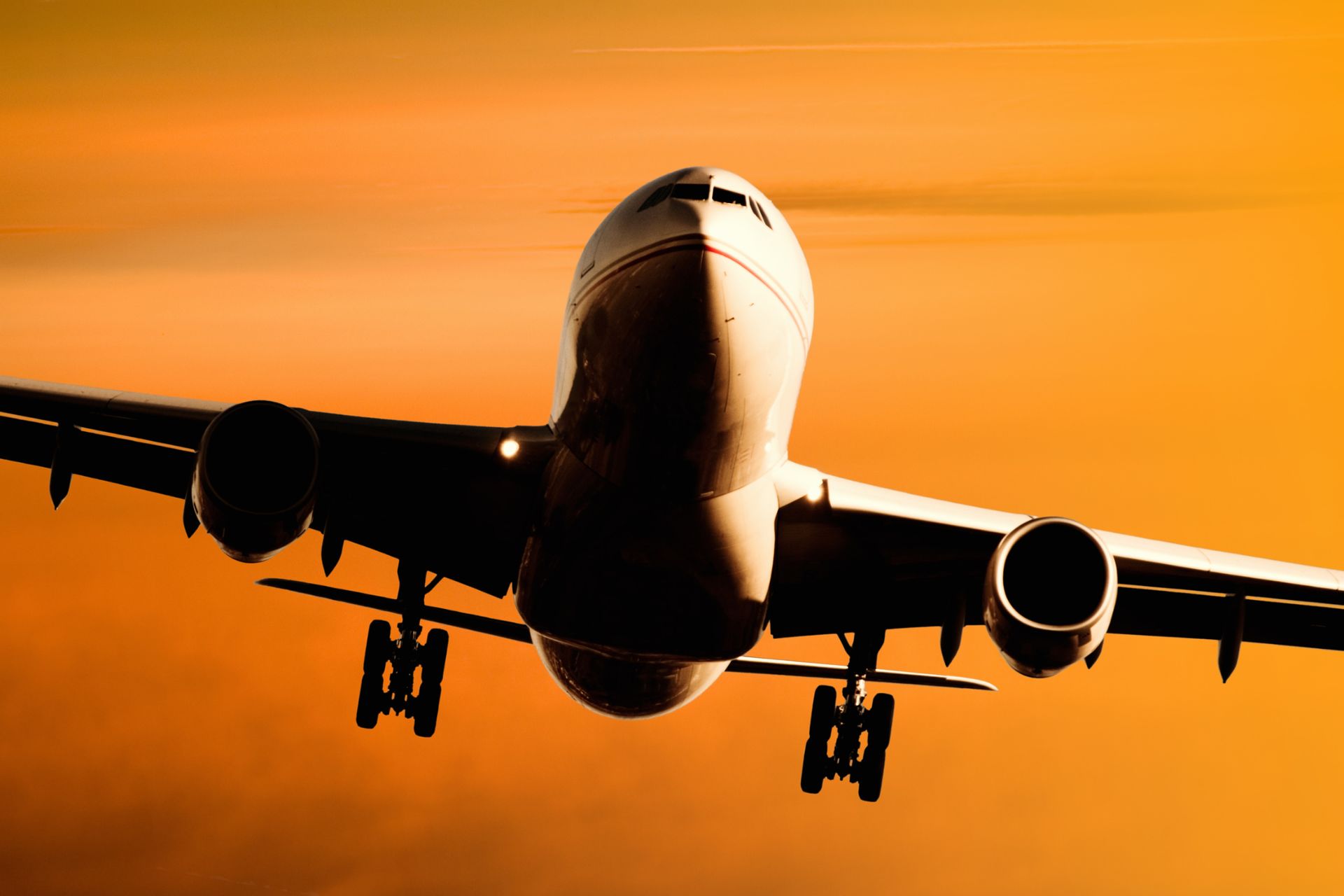Reducing Air Transport Emissions through Efficient Electrified Aircraft Operations
Reducing Air Transport Emissions through Efficient Electrified Aircraft Operations
Reducing Air Transport Emissions through Efficient Electrified Aircraft Operations
Program: Carbon Neutrality Acceleration Program
Program details » | All Carbon Neutrality Acceleration Program projects »

Modeling scenarios to minimize CO2 emissions across the next generation of aircraft
Research team: Gokcin Cinar, Aerospace Engineering (PI); Paul Mokotoff, Aerospace Engineering; Michael Ikeda, Raytheon Technologies Research Center
Project Summary
Current projections show that the aviation industry could account for 25% of global CO2 emissions by 2050. The need to lower emissions within the industry is clear and dire.
Yet the electrification of aircraft—an obvious pathway to emissions reduction—faces significant barriers. Most notably, state-of-the-art electric aircraft batteries currently weigh 50X more than the jet fuel required for the same level of energy. This tremendous discrepancy makes fully electric aircraft infeasible for most commercial applications through the coming decades. Instead, hybrid-electric aircraft have emerged as a disruptive technology with the potential to reduce emissions significantly. However, the only way to make the hybrid-electric model feasible is to optimize aircraft design and flight operation simultaneously. Independent consideration of one aspect or the other will fail to consider important dependent variables in the early stages of design, yielding suboptimal results.
To that end, this research team will develop a computational framework for rapid and efficient modeling of hybrid electric aircraft missions for commercial fleet operations, revealing the tradeoffs between aircraft design, top-level operations metrics, and resulting aircraft CO2 emissions. The team will consider short- and medium-haul aircraft routes, which dominate the current aviation market. Ultimately, the methods they develop will enable the optimization of electrified systems to minimize CO2 emissions across the next generation of aircraft fleets.
In addition, the project will enable a new collaboration between the newly founded Integrated Design of Environmentally-friendly Aerospace Systems (IDEAS) Lab at U-M and Raytheon Technologies Research Center (RTRC), one of the industry research leaders in electrified aircraft.
This team received a $50,000 CNAP faculty research grant in 2022.